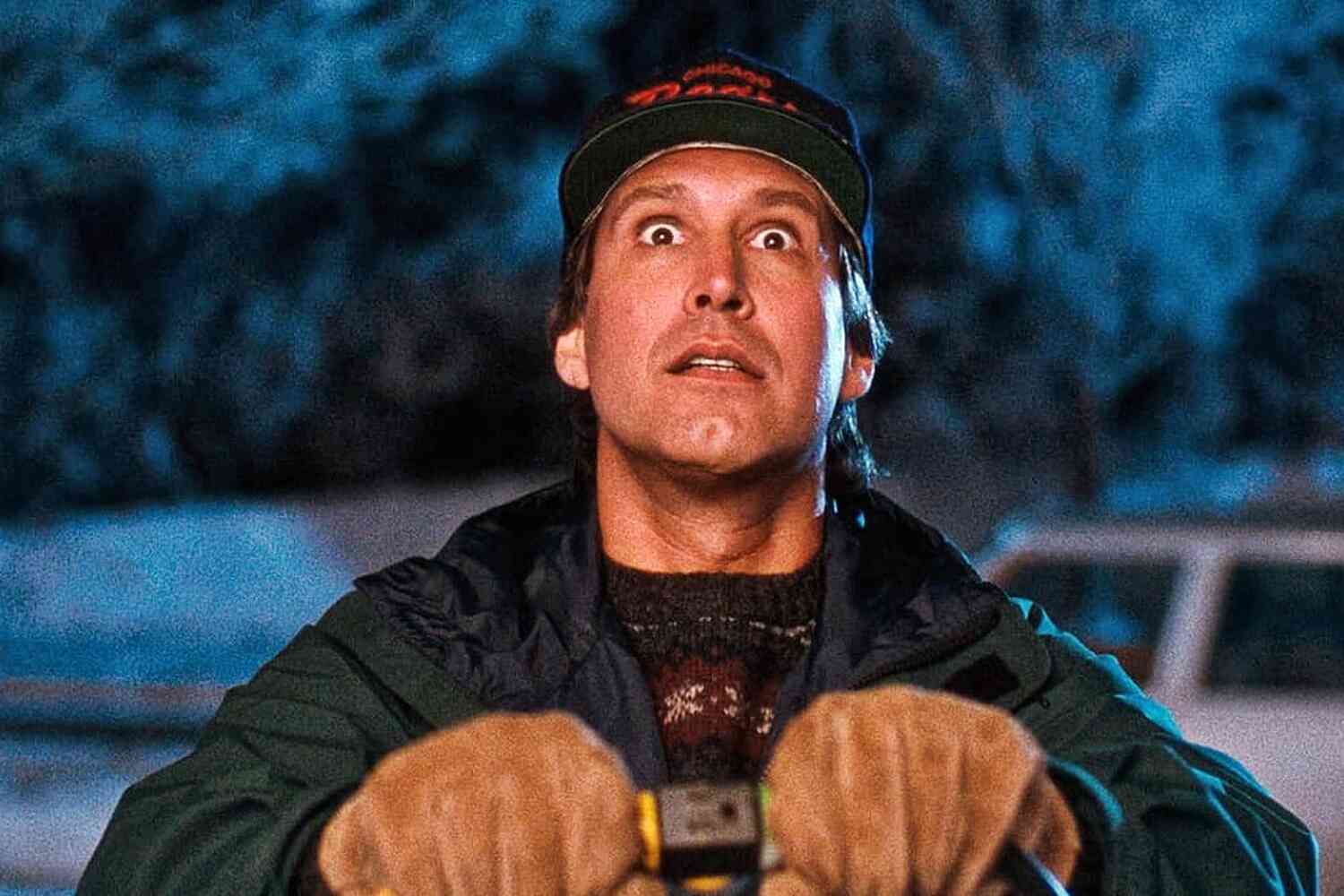Did you think Big Tech would be content knowing your location data, social connections, political affiliations, home cameras, beliefs, keystrokes, documents, photos, fingerprints, voice data, and facial biometrics?
If you did, you were super naive. Big Tech is now coming for, well, your literal crap.
For the past 10 years, Sonia Grego has been thinking about toilets – and more specifically what we deposit into them. "We are laser-focused on the analysis of stool," says the Duke University research professor, with all the unselfconsciousness of someone used to talking about bodily functions. "We think there is an incredible untapped opportunity for health data. And this information is not tapped because of the universal aversion to having anything to do with your stool."
Prof. Grego is the founder of Coprata, a company that's working on a smart toilet that can analyze what you put in it.
Smart toilet innovators believe the loo could become the ultimate health monitoring tool. Grego believes her product – which analyses and tracks stool samples and sends the data to an app – will provide "information related to cancer and many chronic diseases".
I do understand that there are merits to analyzing stools. There's a whole lot of conditions and diseases that can be detected through a sample, as the show Scrubs once taught us.

That being said, I don't know that I'm onboard with my toilet lecturing me about needing more fiber.
At some point, she thinks, a smart toilet could make lifestyle suggestions – it could tell you to eat more fibre or certain nutrients, for instance, or work out what kind of food triggered an uncomfortable gastric episode.
I can tell you that I am definitely not on board with this type of data being uploaded to my Apple or Android health apps in whatever Brave New World we're headed toward.
By the way, Grego isn't the only one working on this type of toilet analysis.
Prof. Joshua Coon of the University of Wisconsin-Madison is analyzing urine samples that show whether you've had exercise, what medicines you've had, how well you've slept, and how much fat you've had in your diet.
If you think New York banning large soda cups was bad, wait till you see what the CDC and Dr. Fauci can do in 20 years when citizens are required to submit waste samples in the name of "public health."

Companies are getting onboard with this quicker than you'd think.
Panasonic has a smart toilet that can test urine. Japanese manufacturer Toto also is working on one. Researchers at Stanford are partnering with the Korean toilet company Izen to test your pee.
That last one will also track its velocity, which will inevitably lead to new competitions between boys everywhere!
Oh, but it gets worse, because the term "analprint" is now a real thing.
In order to differentiate between users, Izen developed a scanner that can recognise the physical characteristics of whoever is sitting on the toilet – or, in the words of the researchers, "the distinctive features of their anoderm" (the skin of the anal canal). Apparently, your "analprint", like your fingerprints, is unique.

The Guardian article then asks the question that should have been at the beginning:
Is all this – your analprint out in the world, the makeup of your bowel movements analysed – a privacy breach too far?
A four-year-old could answer that question.
Many people "wouldn't, for very good reasons, like cameras pointing up their bottoms", says Phil Booth, the coordinator of MedConfidential, which campaigns for the confidentiality of medical records.
What a profound statement. I'm glad we pay "experts" lots of money for quotes like this.

Here's the bottom line: What starts as a quirky-but-helpful technology inevitably gets used for the wrong purposes. Take FitBit or other wearables as an example. I was an early adopter of this tech, because I liked the idea of monitoring my own health.
When Big Tech starts monitoring my health to make cash, however, that's a whole different story!
People bought Fitbits, says Booth, "thinking it was just a cool new item to monitor their exercise and, hey presto, Google buys it. All of a sudden, all that really rich data gets absorbed into a company that has other agendas." Google has had its eye on the multitrillion-dollar health market, with an attempt to become dominant in health data, for some time – controversially, it has had access to the health data of 1.6 million NHS patients and 50 million Americans. Is Google interested in your bathroom habits? Well, it patented a toilet seat sensor way back in 2016.
Today's useful technology is tomorrow's dystopian nightmare.
Where does it end? Could the police or others involved in surveillance track you by analprint, via the public and home smart lavatories you visit? Might you be asked to provide a print at a police station?
I can practically hear the tyrants in Australia right now salivating at this thought.
This is an alarming thought – but, says Booth with a laugh, it is not as though governments will mandate smart toilets.
Remember how we said that about vaccines like five minutes ago?

After opining about the way it could be used by insurance companies and employers, Booth said not to worry.
"The way I look at it, this is basically part of your medical record. This would probably fall in the same category of risk – and, at least in the US, there is a lot of protection around medical records."
Sure.
It's not like we'd be expected to provide medical papers to eat out at a restaurant or attend a movie, right?
P.S. Now check out our latest video 👇









